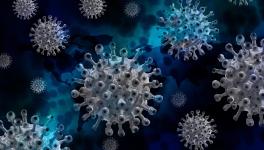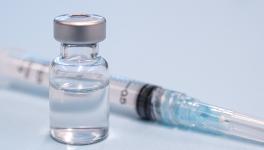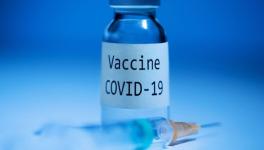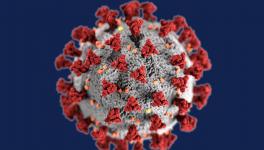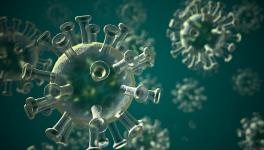COVID-19: How Long Do Antibodies Against the Virus Last in our Bodies?
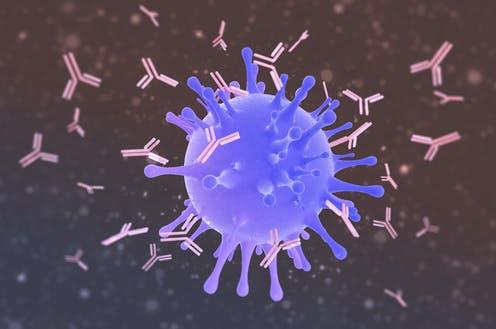
Image Courtesy: STEVEN MCDOWELL/SCIENCE PHOTO LIBRARY
A long-standing question during the COVID-19 pandemic has been how long antibodies against the novel coronavirus or SARS-CoV-2 last in someone who has survived an infection or who has been vaccinated. There have been many discussions about the longevity of these fighting protein molecules.
Antibodies – proteins that identify and react to foreign objects inside us – are fascinating. They are great defenders and attackers at the same time and go after harmful pathogens like bacteria, virus, fungi or parasites that invade our body and cause disease, such as the novel coronavirus. It can attack anything perceived as a threat by the immune system, which is the body’s the defense mechanism against a pathogen. Antibodies are also defenders; they can remember a pathogen for an entire lifetime and whenever such a pathogen re-enters the body, they take no time to kill it.
Now, a latest study published in science journal Nature has brought some encouraging news. It hints that antibodies against the SARS-CoV-2 may last for even for a lifetime in people who have recovered from the infection. The researchers of the study identified cells in the bone marrow that can produce long-living antibodies. However, it may not ensure long-lasting immunity to Covid-19 as antibody levels would drop with time. Scientists say that vaccines may also have the same durable effect on the body, but booster shots may be needed as time passes.
After a new infection, a type of cell known as a 'plasmablast' appears to be an early source of antibodies in the body. Then, these cells recede soon after the pathogen is cleared from the body.
However, there are cell types that can last longer and make antibodies. These are called the memory B cells. These cells patrol the body to find if there is a re-infection by the same pathogen. Further, there exist another type of cells known as the bone marrow plasma cell (BMPC). These do not join the patrolling cells, but hide in the bone marrow and keep tracking antibodies for quite a long time, even decade. Ali Ellebedy, an author of the study published in the Nature and an immunologist at Washington University in the United States, was quoted as saying, “A plasma cell is our life history, in terms of the pathogens we have been exposed to.”
Nearly all viral infections trigger the development of BMPCs. However, an earlier study hinted that a severe bout of COVID-19 may disrupt the formation of these cells.
In the latest study, the team led by Ellebedy tracked the production of antibodies in 77 people that had recovered from mild instances of COVID-19. Their antibodies against the virus were found to plummet in just four months following an infection. Nonetheless, the researchers found that the decline of the antibodies slowed down and that they could detect them for as long as 11 months after the infection first took place.
The next pertinent question was about whether the source of these antibodies could last long. The team collected memory B cells and bone marrow from the participants. They found that seven months after the infection, the participants had memory B cells that could recognise SARS-CoV-2. In samples of 18 participants from whom the bone marrow was collected, the team found that 15 participants had BMPCs in detectable amounts even seven to eight months after they were first infected. The researchers also collected bone marrow samples from five participants for a second time several months later. The BMPC cells were found at a stable level in all five participants.
Ellebedy’s team also found some early signs that Pfizer's mRNA vaccine could trigger BMPC production. This has been reported in a paper which is still under review. It is good news that BMPC cells have been found after mRNA vaccination, however, their effectiveness needs to be studied further.
However, Ellebedy believes that as far as vaccination is concerned, there may be a need for a booster dose for long-lasting immunity. The reason, as explained by the author, is that, “The persistence of antibody production, whether elicited by vaccination or by infection, does not ensure long-lasting immunity to COVID-19. The ability of some emerging SARS-CoV-2 variants to blunt the protective effects of antibodies means that additional immunisations may be needed to restore levels.”
Get the latest reports & analysis with people's perspective on Protests, movements & deep analytical videos, discussions of the current affairs in your Telegram app. Subscribe to NewsClick's Telegram channel & get Real-Time updates on stories, as they get published on our website.











